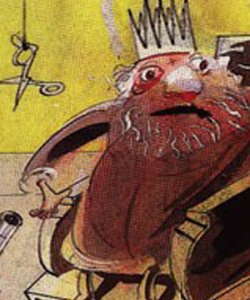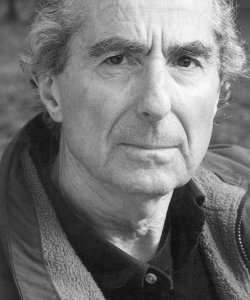Poetry's Roadshow
Fueled by equal parts biodiesel gas and small press ambition, the Wave Books 2006 Poetry Bus Tour is scheduled to roll through forty-nine cities during the next two months, beginning in Seattle on September 4.
Jump to navigation Skip to content
Fueled by equal parts biodiesel gas and small press ambition, the Wave Books 2006 Poetry Bus Tour is scheduled to roll through forty-nine cities during the next two months, beginning in Seattle on September 4.
Let me be the last—the absolute dead last—to point out that we're in the midst of a memoir craze. My favorite form of procrastination used to be computer solitaire, but now I prefer to chat on the phone with my writing friends and discuss the ongoing boom in autobiographical literature. We speculate like housing developers prognosticating on the real estate market. Will the bubble pop? Will prices continue to rise? Will market trends ever again veer toward literary fiction?

Workman Publishing imprint Black Dog and Leventhal reissues King Lear and Macbeth, the illustrated Shakespeare plays originally published in the 1980s—before graphic novels acquired a mainstream audience—as part of its Graphic Shakespeare series.

A literary look at the career of prolific author Philip Roth, our Great American Novelist.
Two weeks after he was chosen to succeed Ted Kooser as poet laureate, Donald Hall spoke about his newfound responsibilities.
Literary MagNet chronicles the start-ups and closures, successes and failures, anniversaries and accolades, changes of editorship and special issues—in short, the news and trends—of literary magazines in America. This issue's MagNet features the Paris Review, McSweeney's Quarterly Concern, the Iowa Review, and Speakeasy.
Small Press Points highlights the happenings of the small press players. This issue features Seal Press and Bear Star Press.
This installment of Page One features excerpts from The Exquisite by Laird Hunt and A Three Dog Life by Jack Pendarvis.
Slowly but surely, the independent press Host has established a reputation as a publisher of literary translations from countries such as Brazil, Chile, Poland, Belgium, and Uruguay.
Although Janet Fitch's Paint It Black, published this month by Little, Brown, is a work of fiction, the author drew inspiration from many genres, most notably poetry, while she was working on her follow-up to White Oleander.